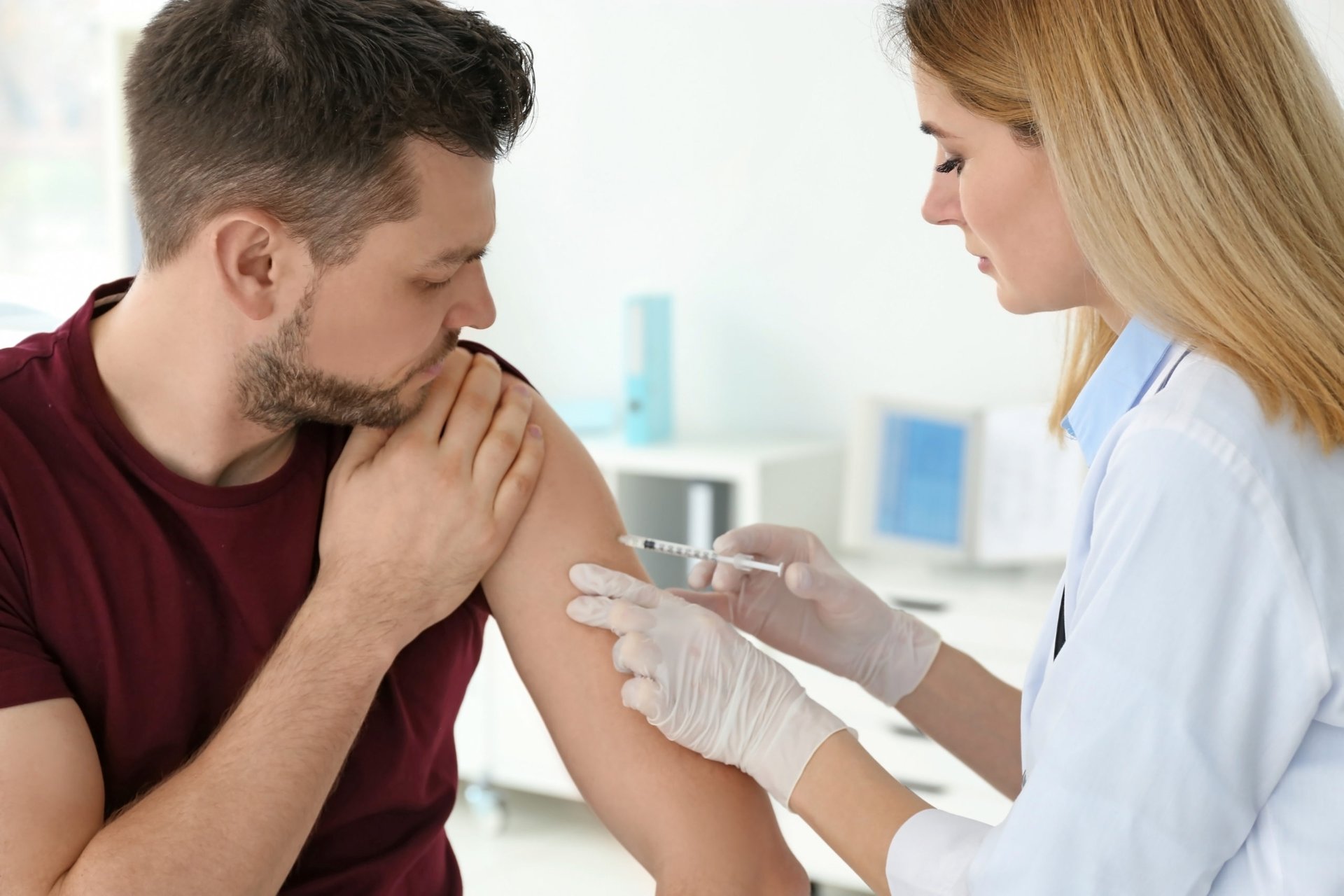
This week’s news that a new COVID-19 vaccine may be 90% effective in protecting recipients from the coronavirus disease set off whoops of joy across the nation.
But while there is plenty to celebrate about the new preventive developed by Pfizer, there are some downsides to the vaccine, according to a Kaiser Health News report.
Those who receive the protective medicine — which comes in two shots given three weeks apart — can expect to feel symptoms such as sore arms, muscle aches and fever that could last at least a day or two. These are some of the same side effects that are common with the influenza vaccine, although KHN reports that symptoms of the COVID-19 vaccine might be significant enough to keep some people home while they last.
Side effects associated with vaccines typically are a result of your immune system responding as it should. As Dr. Saad Omer, director of the Yale Institute for Global Health, told KHN, “If it’s hurting a little, it’s working.”
With Pfizer’s new vaccine, side effects may accompany both doses of the medication. So, people could experience two separate bouts of flu-like symptoms within a period of a few weeks.
Of course, a few days of mild illness is probably a small price to pay for protection from COVID-19, which has killed thousands across the U.S.
Still, news that the vaccine can cause symptoms in those who receive it might result in fewer Americans choosing to be vaccinated.
A recent Gallup Poll found that about half of Americans are reluctant to receive a vaccination, even if it receives approval from the Food and Drug Administration (FDA).
Phil Dormitzer, Pfizer’s chief scientific officer for Viral Vaccine R&D, told the Rockland/Westchester Journal News that it is unknown how long the vaccine will protect recipients, which could make some people even more reluctant to get vaccinated.
More than 242,000 Americans have died from COVID-19 as of Thursday, and the number of confirmed infections in the U.S. passed 10 million earlier in the week. Many experts worry that the worst impacts are on the horizon, thanks to a recent surge in new infections.
The Pfizer vaccine is one of a handful that is being tested as a way to keep the coronavirus at bay. Dormitzer says Pfizer expects to request emergency-use authorization for its vaccine from the FDA within the month and is hopeful that the vaccine will be released by year-end.
Meanwhile, there are steps you can take to reduce your coronavirus infection risk right now. For more, check out:
- “These 5 Cleaning Products Kill the Coronavirus“
- “This Is the Best Way to Kill Coronavirus in Your Car“
- Money Talks News’ latest articles about the pandemic





Add a Comment
Our Policy: We welcome relevant and respectful comments in order to foster healthy and informative discussions. All other comments may be removed. Comments with links are automatically held for moderation.